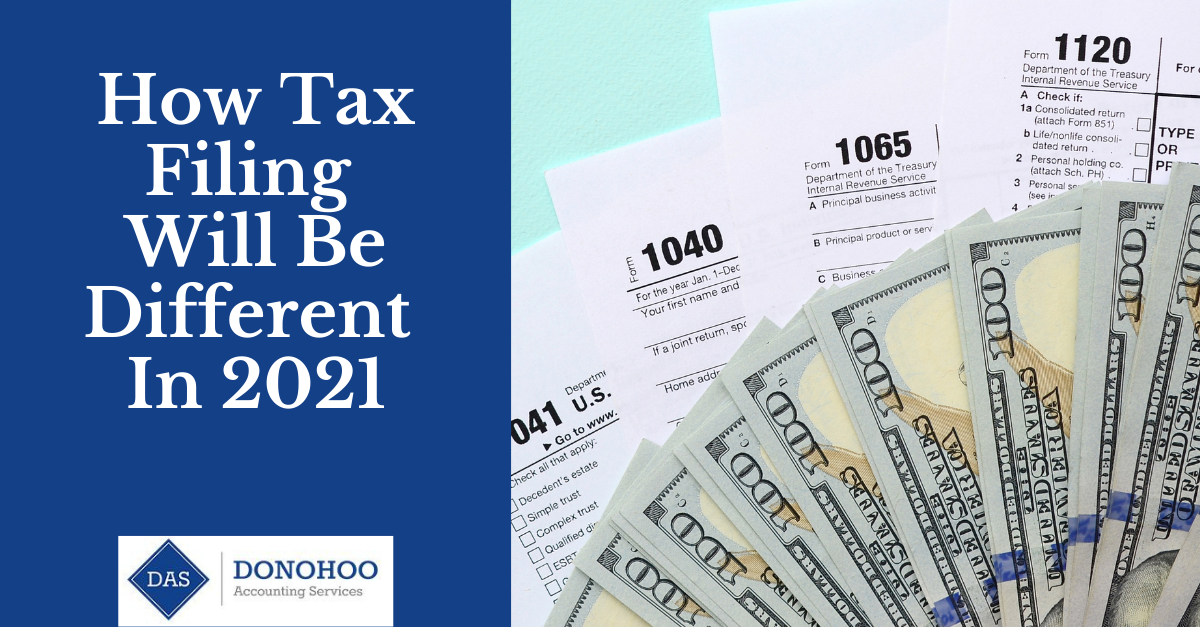Little Things Add Up: Responsible Money Moves During Your Vacation
This summer, it seems a little more feasible to step out of our homes and travel to a new destination. Whether you’re taking a flight across the country or hopping in the car for a four-hour road trip, you should want to have a general idea for how much money you can expect to spend from departure to arrival and back. Below are some tips on how to make sure you don’t overspend on a vacation, while also enjoying your trip.
Know Before You Go
Before you leave for your trip, obviously take a peek at your bank accounts and decipher how much money needs to be allotted from savings to checking. If you have a local bank, find out what the different rates are for ATM withdrawals. If you bank with a larger national bank like Chase, research for ATMs nearby where you’re staying.
Money Talks
In a world where people use credit cards and money exchange services like Venmo, sometimes old reliable cash still holds its weight. By having hard cash in the form of traveler’s checks, you have a visible fixed amount and once it’s spent, there’s no more money to spend on that given day. Sort the cash out per day and allot it per person as well if it is a family vacation.
If traveler’s checks don’t sound like your cup of tea, a responsible move to make sure you stick to the budget is to write down what you spend when you’ve spent it.
Research Your Destination
If you hadn’t done it prior to booking the vacation, be sure to research some of the popular tourist attractions and what the costs of them are. When researching the area or areas, make note of the difference in prices between the weekday and weekend rates, as they might be different for some attractions.
Also, with differences in weekday and weekend prices, certain times of the day might be cheaper than others. For example, a mini-golf course at 2 p.m. on a Tuesday might be significantly cheaper than 8 p.m. on a Saturday.
Track And Weigh
With online banking, it’s incredibly easy and user-friendly to log into your account and see how much you’ve spent and where you’ve spent it at.
Another thing to consider is weighing your opportunity cost while on vacation. There are always those small little unforeseen costs such as parking that can pop up at a moment’s notice. Planning ahead and weighing these costs can be an easy way to stay in line with your budget.
Organize And Attack
Making budgets and sticking to them can be a combination of overwhelming, anxious and nerve wracking. That’s why here at Donohoo Accounting Services, we have trusted associates that can help you with any and all financial needs.
From making a small budget to extensive accounting work, we have been helping clients resolve their tax and financial issues for more than 20 years. If you’re ready to get a handle on your finances but need some help, visit our website and schedule a free consultation today! For more tips and our latest updates, check us out on Facebook, Twitter or LinkedIn!









